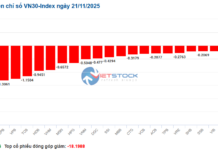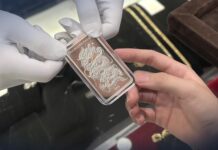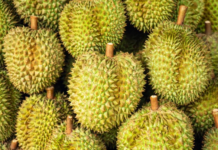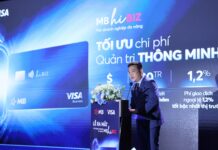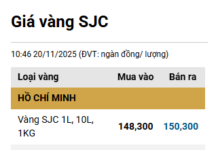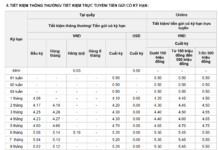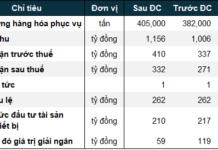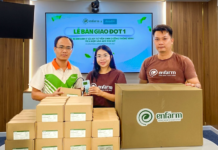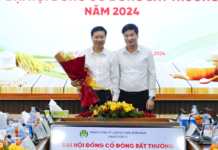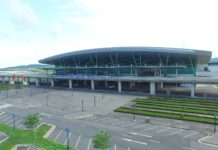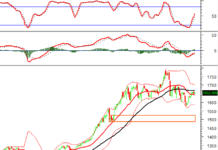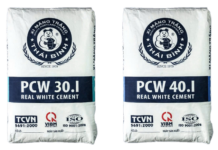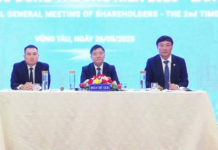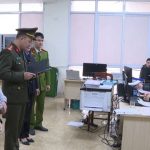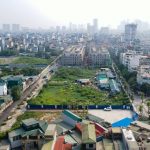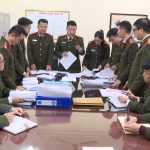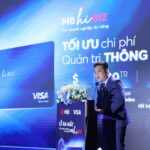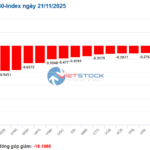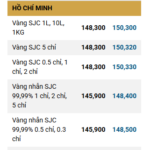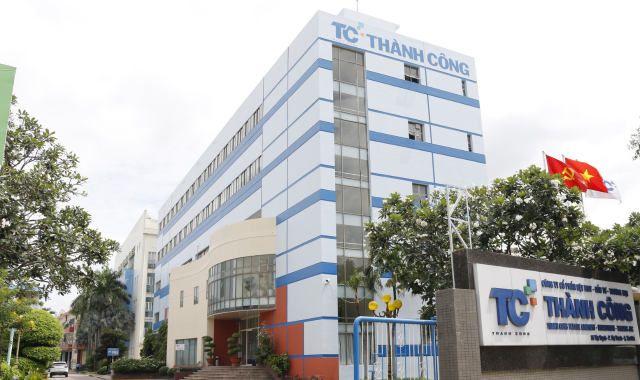As the motorcade of the Prime Minister of Vietnam arrived at the main gate, a cavalry team was there to greet and escort the motorcade to the welcoming ceremony area. The Prime Minister of India, Narendra Modi, went to where the car was parked to welcome Prime Minister Pham Minh Chinh.
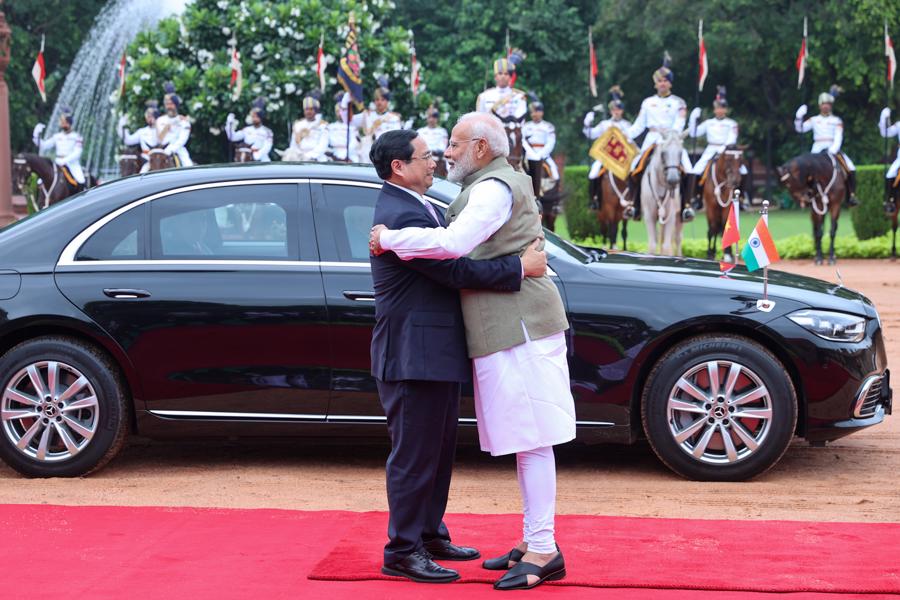
After the two Prime Ministers took a photo together, the Chief of Protocol of India invited the Vietnamese Prime Minister to the honorary podium. The military band played the national anthems of both countries. Then, Prime Minister Pham Minh Chinh inspected the Guard of Honour of the Indian Army.
Following this, the two leaders introduced the high-ranking delegates of the two countries attending the welcoming ceremony.
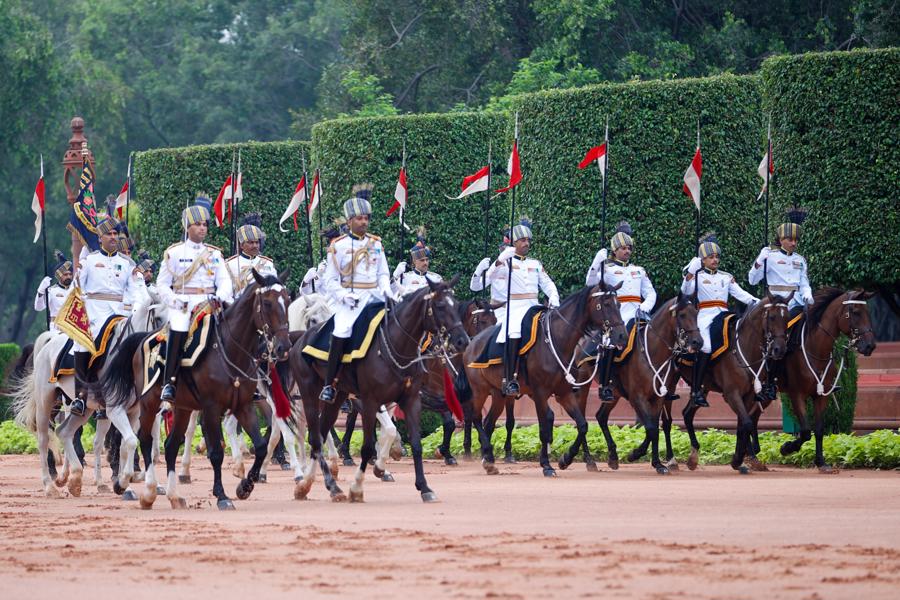
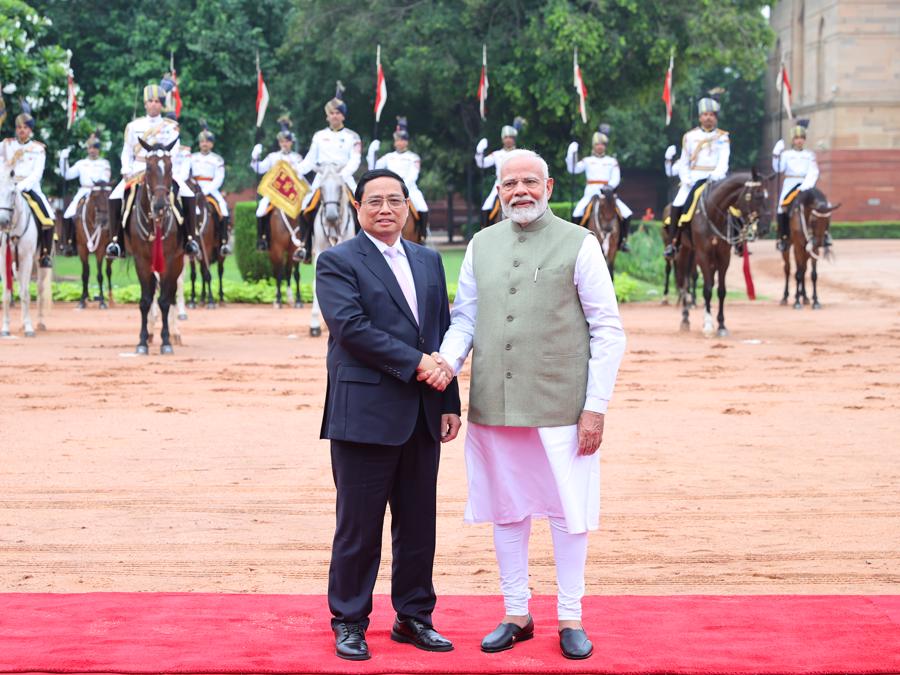
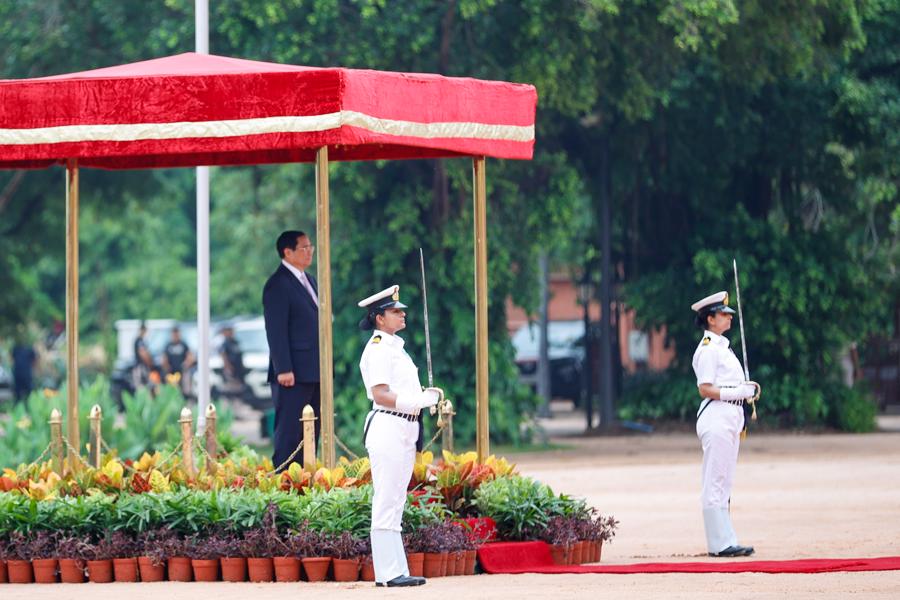
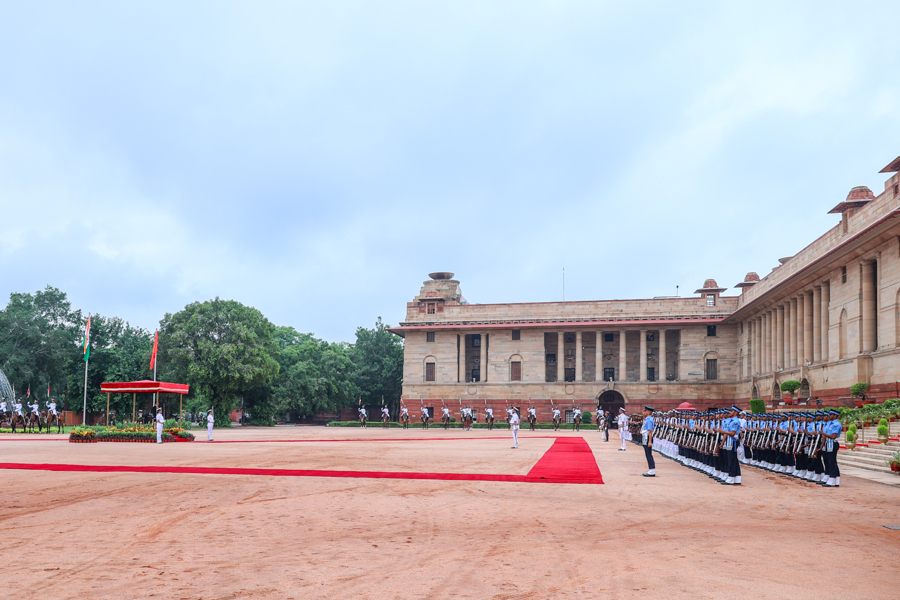
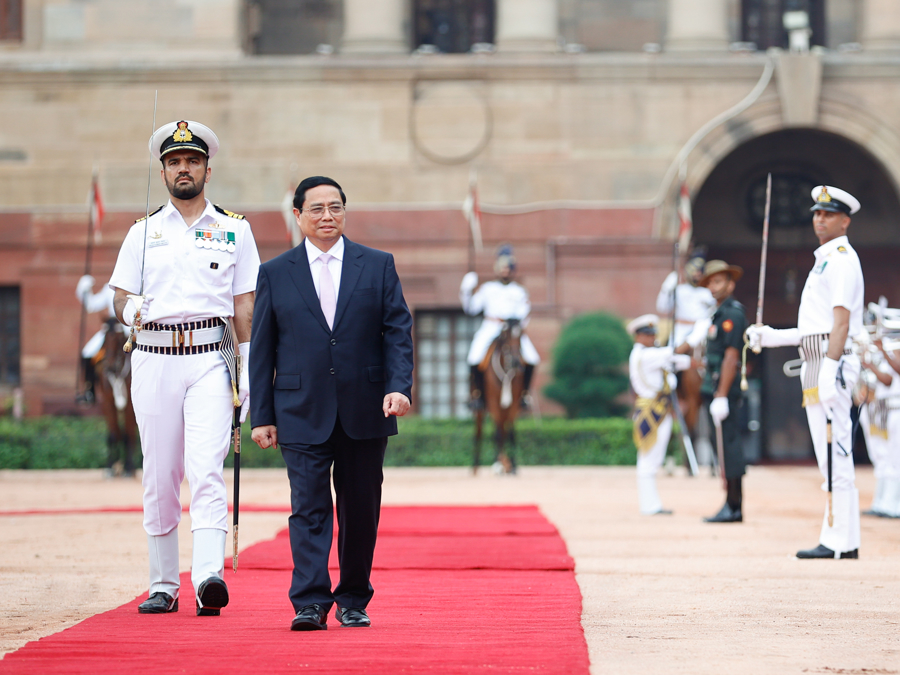
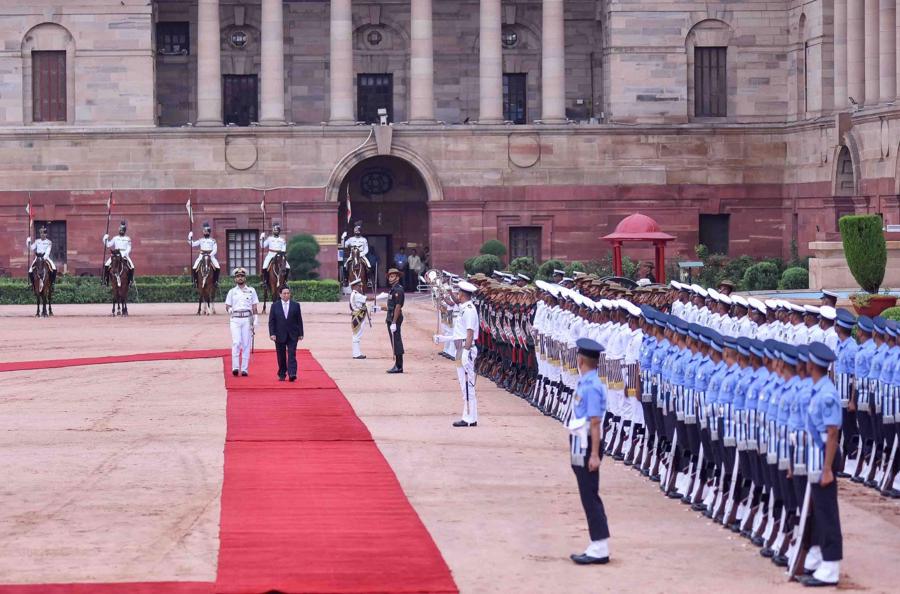
Prime Minister Pham Minh Chinh inspecting the Guard of Honour of the Indian Army. Photo: VGP
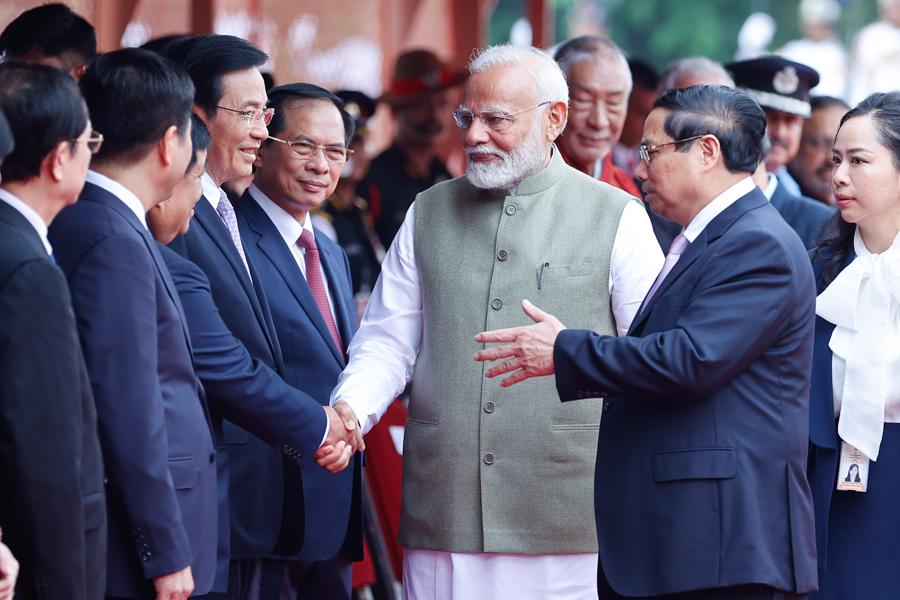
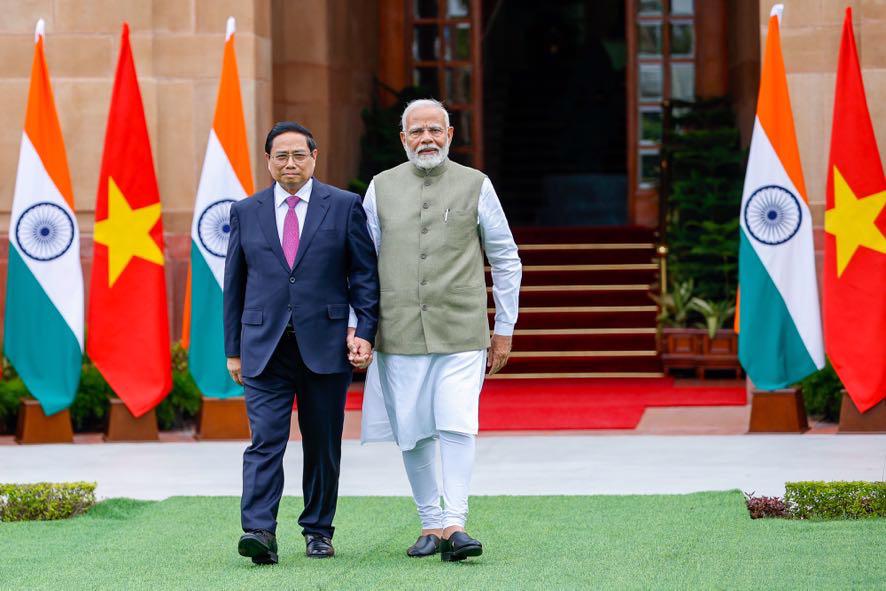
Right after the welcoming ceremony, Prime Minister Pham Minh Chinh went to pay tribute and lay a wreath at the Mahatma Gandhi Memorial.
Mahatma Gandhi (2 October 1869 – 30 January 1948), full name Mohandas Karamchand Gandhi, was a renowned political activist, revered as the Father of the Nation and the spiritual leader of India. He made significant contributions to India’s struggle for independence from British rule in 1947. He was honoured with the title “Mahatma,” meaning “Great Soul” in Sanskrit.
The Prime Minister of Vietnam and his delegation were introduced to some notable aspects of Mahatma Gandhi’s life and work. They performed the flower-scattering ceremony to pay tribute to the Indian national hero. The Prime Minister and his delegation bowed respectfully and vowed to learn from Mahatma Gandhi’s selfless dedication to the development and prosperity of the people, especially his philosophy of non-violence.
In the guestbook, Prime Minister Pham Minh Chinh emphasised that the thoughts of Mahatma Gandhi, the “Great Soul” of India, will forever resonate in the hearts of the people of India, Vietnam, and other nations around the world.
The history of Vietnam-India relations dates back to over 2,000 years ago with cultural and religious exchanges. The relationship was further fostered and strengthened by two great leaders, President Ho Chi Minh and Mahatma Gandhi. The two countries have always supported and assisted each other in their struggles against foreign invasions and for national independence.
Over the past five decades of diplomatic relations, the elevation of bilateral ties to a Comprehensive Strategic Partnership has opened up new avenues of cooperation in areas such as value chains and strategic resources, economic security, climate change response, environment, science and technology, financial connectivity, high-quality human resources, education, and defence security.
At the G20 Summit in September 2016, Indian Prime Minister Narendra Modi affirmed that “Vietnam is a strong pillar in India’s Act East Policy” and that “bilateral relations between the two countries are based on mutual trust, understanding, and convergence of views on various regional and global issues.”
This is the first visit of Prime Minister Pham Minh Chinh in his capacity as the head of the Vietnamese government and the first visit of a Vietnamese Prime Minister to India in ten years.
During this visit, Prime Minister Pham Minh Chinh and the Indian leaders will discuss and outline directions to further strengthen the Comprehensive Strategic Partnership between Vietnam and India, making it more substantive and effective across all fields.
The most extensive bribery case ever in Thanh Hoa: Numerous suspects prosecuted for “Giving and Receiving Bribes”
The Provincial Security Investigation Agency (PSIA) of Thanh Hoa province announced on January 31st that it has made the decision to initiate a prosecution against 23 individuals in connection with the offenses of “Accepting bribes” and “Giving bribes” as stipulated in Article 354(3) and Article 364(2) of the Criminal Code.

